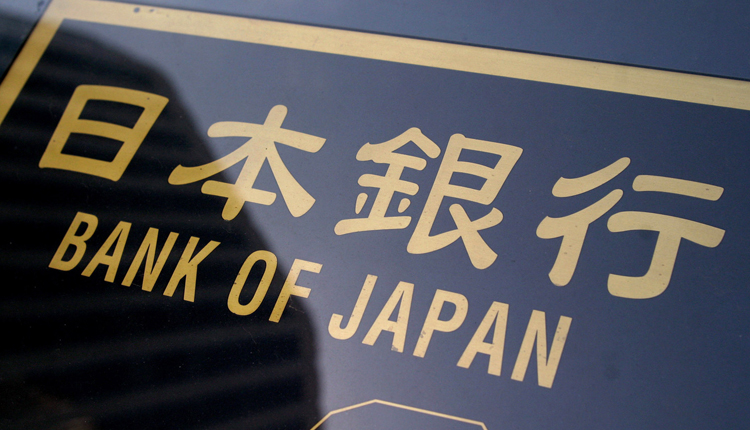The Bank of Japan will consider offering a bleaker assessment on factory output than in October at its rate review this month, sources said, underscoring its concern over the broadening fallout from the U.S.-China trade war and slowing global demand.
A downgrade in the BOJ’s view on output – a key driver of growth – will cast doubt on its argument that Japan’s economy will sustain a moderate expansion as robust domestic demand make up for weak exports.
Factory output contracted in October in the biggest slump in nearly two years and manufacturers expect output to drop again in November, government data showed.
While the government blamed the weakness mostly on temporary shutdowns of factories due to the typhoon, analysts warned that weakening demand for cars and other big-ticket items after a sales tax hike in October was taking a toll.
“October output was quite weak. The key worry is the impact of sluggish auto demand,” one source with direct knowledge of the matter said, a view echoed by two other sources.
In its current assessment made in October, the BOJ says factory output is moving sideways. The nine-member board may offer a slightly bleaker view, such as that output is weakening, when it meets for a rate review on Dec. 18-19, the sources said.
Many analysts expect the BOJ to keep monetary policy steady this month, after Governor Haruhiko Kuroda said he saw no need to ramp up stimulus now with the economy sustaining a recovery.
Given its limited policy tool-kit, the BOJ is hoping the government’s fiscal spending package will ease the hit to growth from the global slowdown and the sales tax hike.
But a recent string of weak data is likely to keep the central bank under pressure to deploy additional monetary support to prevent another recession.
Retail sales plunged at their fastest pace since early 2015 in October, dashing policymakers’ hopes that the impact from the October tax hike will be moderate.
The BOJ will scrutinize upcoming data, such as its quarterly “tankan” business sentiment survey, to decide whether it needs to cut its overall assessment of the economy, the sources said.


